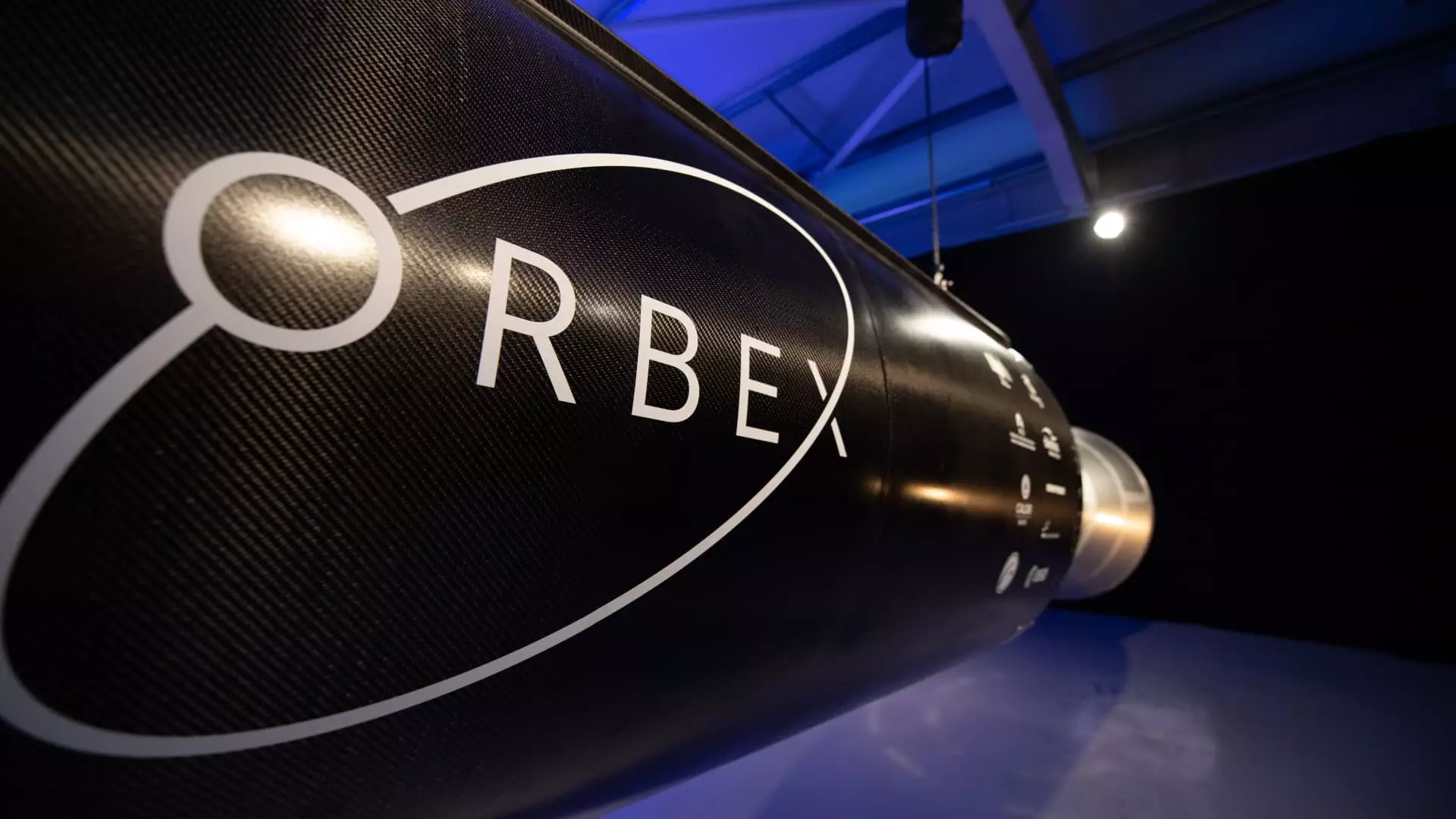The British government has recently taken significant steps to bolster its competitive edge in the burgeoning space sector by announcing a £20 million ($24.8 million) investment in Orbex, a Scottish startup that is poised to challenge established players like SpaceX. This announcement, made during the European Space Conference in Brussels, forms part of a larger £23 million funding round orchestrated by Orbex, attracting interest from various investors, including the Danish Export & Investment Fund and former Informatica CEO Sohaib Abbasi.
The commitment from the UK government not only signifies its intent to enhance domestic capabilities in space flight but also reflects a broader trend of strategic investments in emerging technologies. The collaboration with Orbex comes on the heels of the UK’s involvement with Eutelsat OneWeb, further cementing its position in the international space industry.
At the heart of Orbex’s operations lies its cutting-edge rocket technology, which distinguishes itself through the utilization of bio-propane as a fuel source. This renewable alternative aligns with global sustainability goals and presents a compelling case for reducing the carbon footprint typically associated with space launches. The company’s flagship rocket, named Prime, is set to measure 19 meters in length and targets small satellite deployment into low Earth orbit. Scheduled for its maiden launch at the end of 2025, Prime embodies a new generation of environmentally conscious space vehicles.
A study conducted by the University of Exeter in 2021 highlights the environmental advantages of Orbex’s efficient design, suggesting that a single launch of the Prime rocket could produce up to 96% fewer carbon emissions compared to traditional fossil fuel-based launch systems. This statistic is pivotal as climate change continues to dominate global discourse. It positions Orbex not just as a competitor in the space sector, but as a leader in responsible space exploration and commercial satellite services.
British Tech Minister Peter Kyle remarked that investing in Orbex is a crucial step in realizing the ambition of launching UK-made rockets from domestic soil. This investment is part of a broader strategy aimed at establishing the UK as a formidable player in the global space market. With a firm commitment to nurturing the space industry, the government aims to create an ecosystem where startups like Orbex can thrive and innovate.
CEO Phillip Chambers emphasized the significance of governmental backing, stating that the investment reflects confidence in the UK’s burgeoning space rocket manufacturing sector. He articulated that this funding paves the way for the initial rocket launch this year, alongside plans to develop larger rocket systems. The need for advancement is clear, as competition escalates not only within the UK but also against other European entities looking to establish their own launch capabilities.
Interestingly, Orbex is not alone in its quest to capture market share from SpaceX’s dominance. Other British startups, such as Skyrora, have also announced their plans to make history by launching from UK soil later this year. Additionally, Rocket Factory Augsburg (RFA), a German startup, is eyeing a UK launch for 2025. This emerging cohort of companies, specializing in microlauncher rockets, highlights a shift toward smaller payloads and targeted missions, diverging from traditional practices in the space launch industry.
As the competition heats up, the emphasis on sustainability and environmental considerations becomes even more pertinent. RFA’s CEO, Stefan Tweraser, has highlighted the importance of developing independent space capabilities within Europe, pointing out the industry’s strategic relevance. The collective efforts of these startups emphasize the significance of a coordinated European stance against massive US entities while promoting a competitive and sustainable framework for satellite operations.
The UK’s decision to invest in Orbex marks a transformative moment in the nation’s approach to space exploration and satellite deployment. As Orbex embarks on its journey to launch the Prime rocket, it stands as a beacon of innovation amid an evolving landscape where sustainability is becoming synonymous with progress. The backing from the government illustrates an awareness of the need for robust domestic capabilities in the face of mounting international competition.
Looking ahead, the combination of strong governmental support, innovative technology, and a principled approach to sustainability could position the UK as a leader in the global space sector. With various startups, including Orbex, striving to foster an actionable framework for space launch operations, the future looks electrifyingly ambitious. The advancement of the UK’s space industry will not only support national interests but also contribute significantly to global efforts in responsible and sustainable aerospace exploration.

